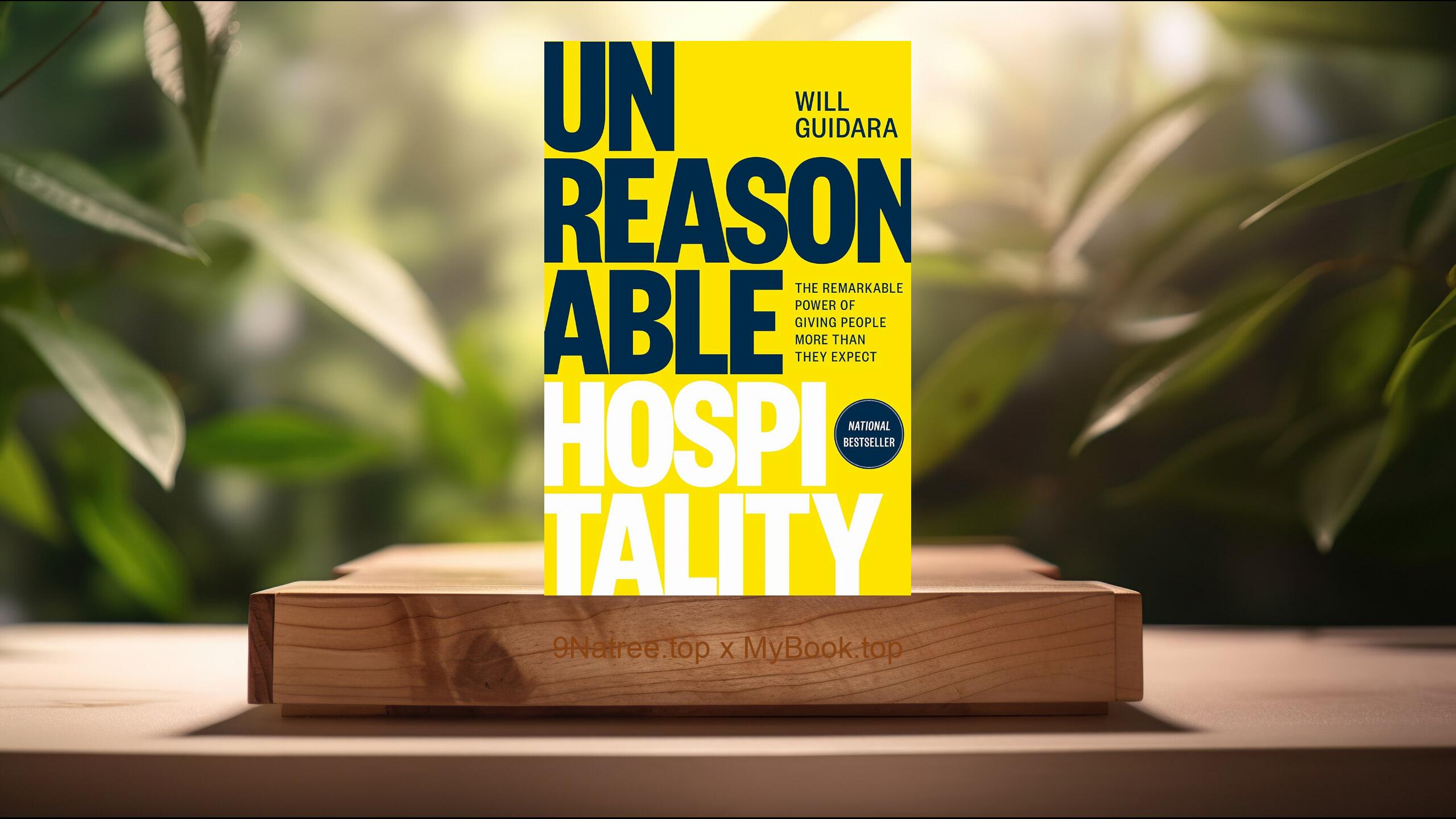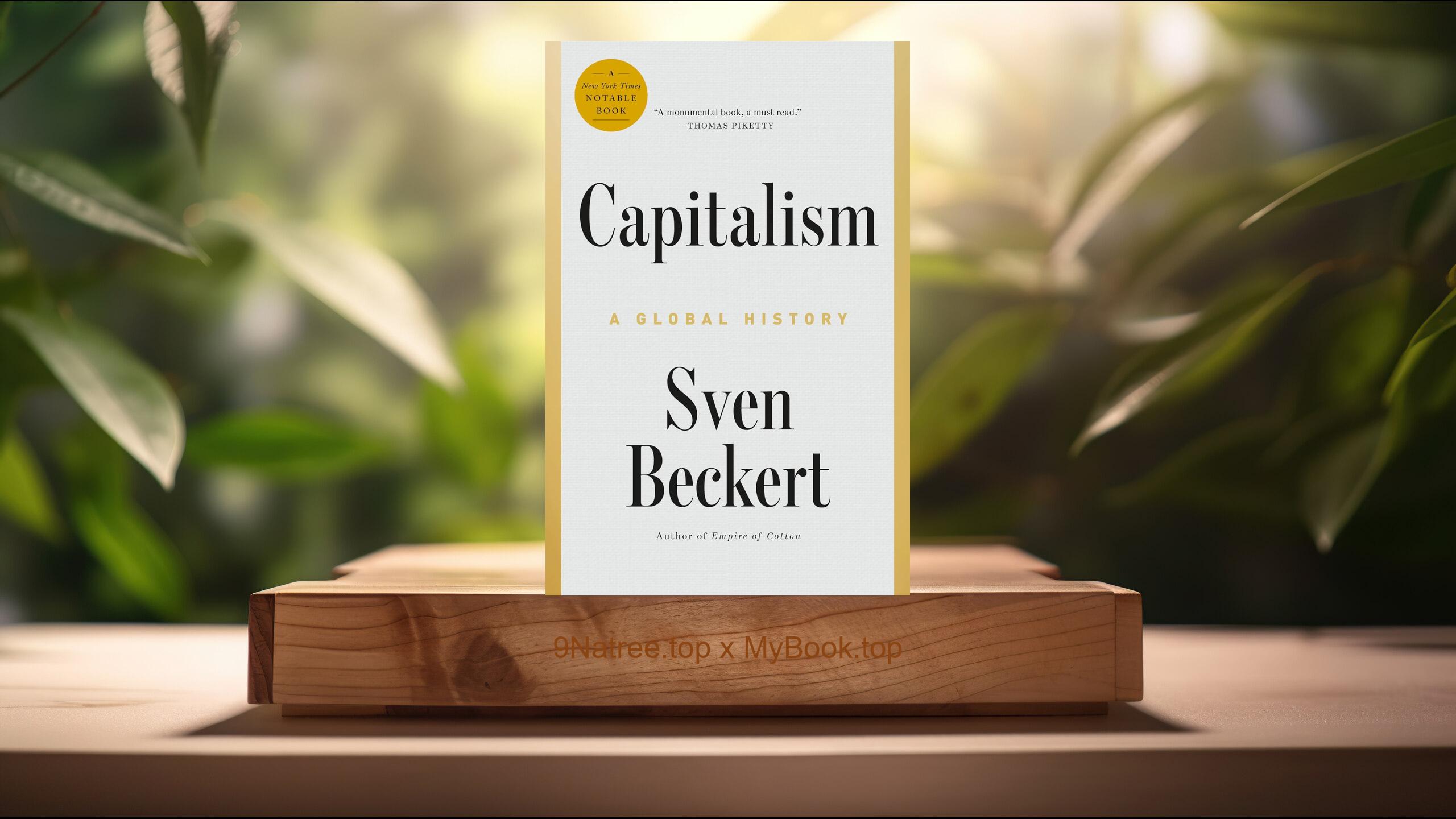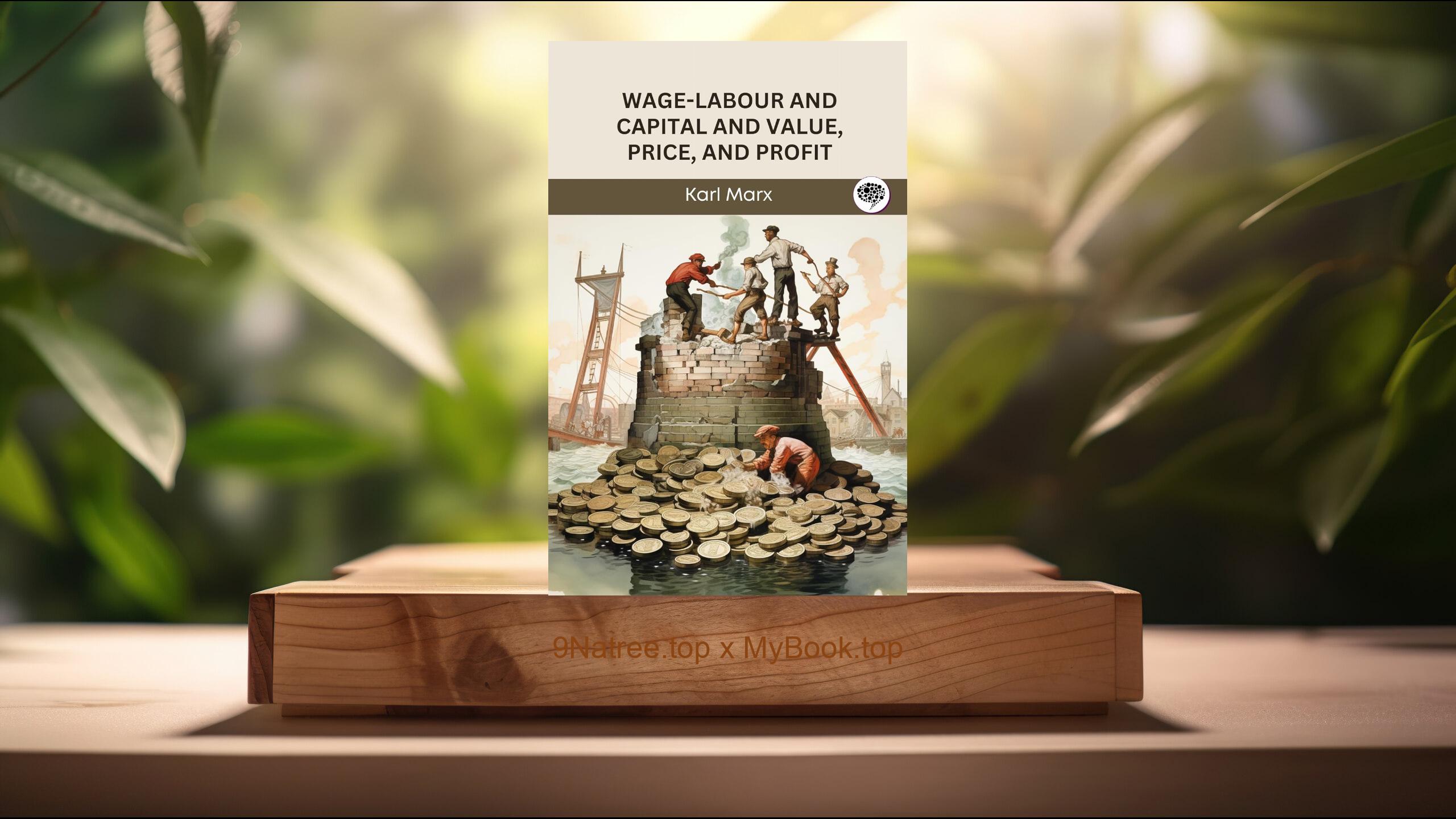Show Notes
- Amazon Books: https://www.amazon.com/dp/B0C1685PDK?tag=9natree-20
- Apple Books: https://books.apple.com/us/audiobook/same-as-ever-a-guide-to-what-never-changes-unabridged/id1680307933?itsct=books_box_link&itscg=30200&ls=1&at=1001l3bAw&ct=9natree
- eBay: https://www.ebay.com/sch/i.html?_nkw=Same+as+Ever+A+Guide+to+What+Never+Changes+Morgan+Housel+&mkcid=1&mkrid=711-53200-19255-0&siteid=0&campid=5339060787&customid=9natree&toolid=10001&mkevt=1
- Read more: https://mybook.top/read/B0C1685PDK/
#FinancialWisdom #BehavioralEconomics #CompoundInterest #Adaptability #PsychologyofMoney #RiskManagement #HistoricalPerspectives #DecisionMaking #SameasEver
These are takeaways from this book.
Firstly, The Power of Compound Interest, Morgan Housel takes a deep dive into the concept of compound interest, not just from a financial perspective but as a fundamental principle that applies to knowledge, relationships, and personal growth. He explains how small, consistent efforts over time can lead to exponential growth, illustrating this with historical examples and personal anecdotes. By emphasizing the importance of patience and long-term thinking, Housel sheds light on how compound interest can serve as a powerful tool in achieving not just financial freedom but also in cultivating a rich and fulfilling life.
Secondly, The Psychology of Money, In a thought-provoking section, Housel explores the psychological aspects of money, highlighting how our emotions, biases, and upbringing influence our financial decisions. Drawing from behavioral economics, he discusses the common pitfalls that individuals face, such as the tendency to overestimate one's financial acumen and the impact of social comparisons on spending habits. Through a series of compelling narratives, Housel advocates for a more mindful and rational approach to managing money, emphasizing the importance of understanding one's own psychological predispositions to make better financial decisions.
Thirdly, The Role of Luck and Risk, Housel delves into the intertwined concepts of luck and risk, challenging the conventional wisdom that success is purely a result of hard work and talent. By examining historical events and personal stories, he demonstrates how random chance plays a significant role in shaping outcomes. However, he also emphasizes the importance of managing risk and making informed decisions to navigate uncertainty. This section is a powerful reminder of the humility needed in attributing success to oneself and the wisdom in recognizing the role of luck and risk in our lives.
Fourthly, Adapting to Change, This topic focuses on the importance of adaptability in an ever-changing world, as highlighted by Housel. He argues that while certain principles remain constant, the ability to adapt to new circumstances is crucial for enduring success. Using historical examples and modern-day scenarios, Housel illustrates how individuals and organizations that remain flexible and open to change continue to thrive. He provides practical advice on fostering adaptability, such as staying curious, embracing lifelong learning, and being willing to question and revise one's own beliefs and strategies in the face of new information.
Lastly, The Importance of Perspective, Housel concludes with a powerful discussion on the importance of perspective, arguing that the way we view the world fundamentally shapes our decisions and outcomes. By exploring various historical and contemporary examples, he shows how shifting one's perspective can lead to better decision-making and more fulfilling lives. Housel advocates for a broader understanding of different viewpoints, stressing that empathy, open-mindedness, and a willingness to consider alternative perspectives are vital in navigating life's complexities. This section underscores the transformative power of perspective in understanding what never changes.
![[Review] Same as Ever: A Guide to What Never Changes (Morgan Housel) Summarized](https://episodes.castos.com/660078c6833215-59505987/images/1766159/c1a-085k3-gd4ogzrkag5v-dvf8nf.jpg)




